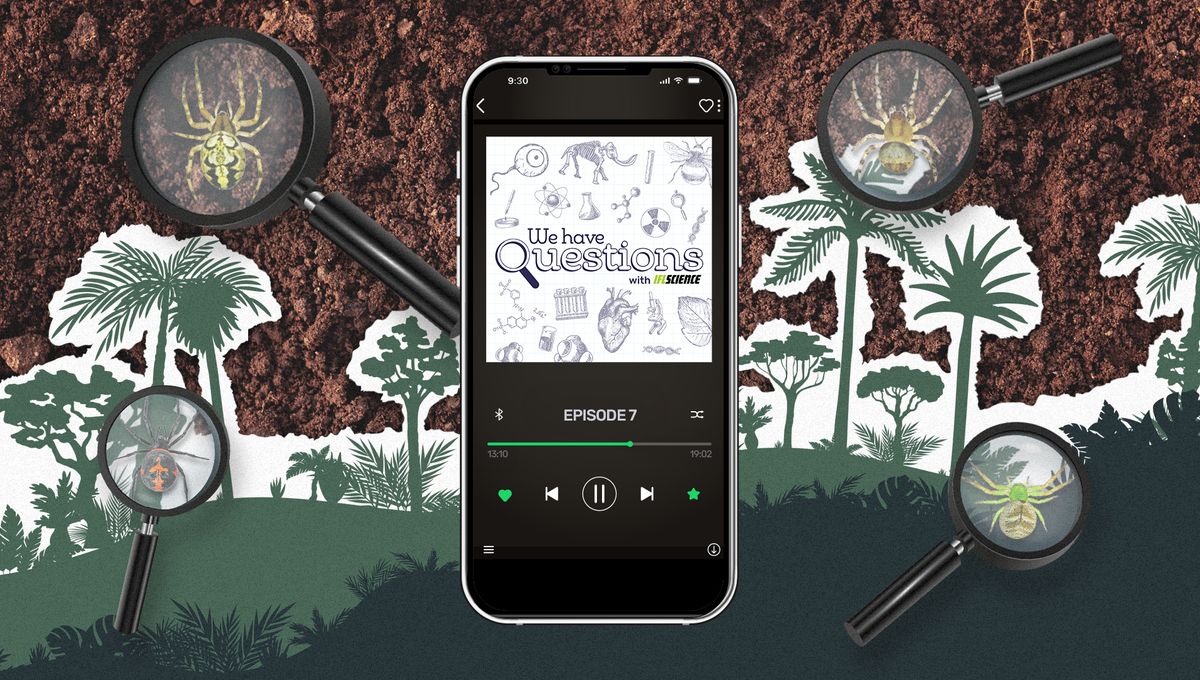
DNA analysis confirmed in 2023 that a trapdoor spider lost to science had been rediscovered in the Portuguese village it was named after following a 92-year disappearance. Fagilde’s trapdoor spider (Nemesia berlandi) was first described in 1931 before apparently dropping out of existence – but all that changed when an expedition team happened to look under just the right rock.
ADVERTISEMENT
It marked the 12th “most wanted” lost species to be rediscovered since Re:wild’s Search for Lost Species launched in 2017, which got us wondering: how on Earth does such an epic mission unfold? Fagilde’s trapdoor spider was rediscovered by an expedition team led by the Global Center for Species Survival at the Indianapolis Zoo, where Sérgio Henriques is the resident Invertebrate Conservation Coordinator. We caught up with Henriques to find out just how much work goes into tracking down a missing spider.
You can listen to this episode and subscribe to the podcast on all your favorite podcast apps: Apple Podcasts, Spotify, Podbean, Amazon Music, and more.
Source Link: IFLScience We Have Questions: How Do You Rediscover A “Lost” Species?